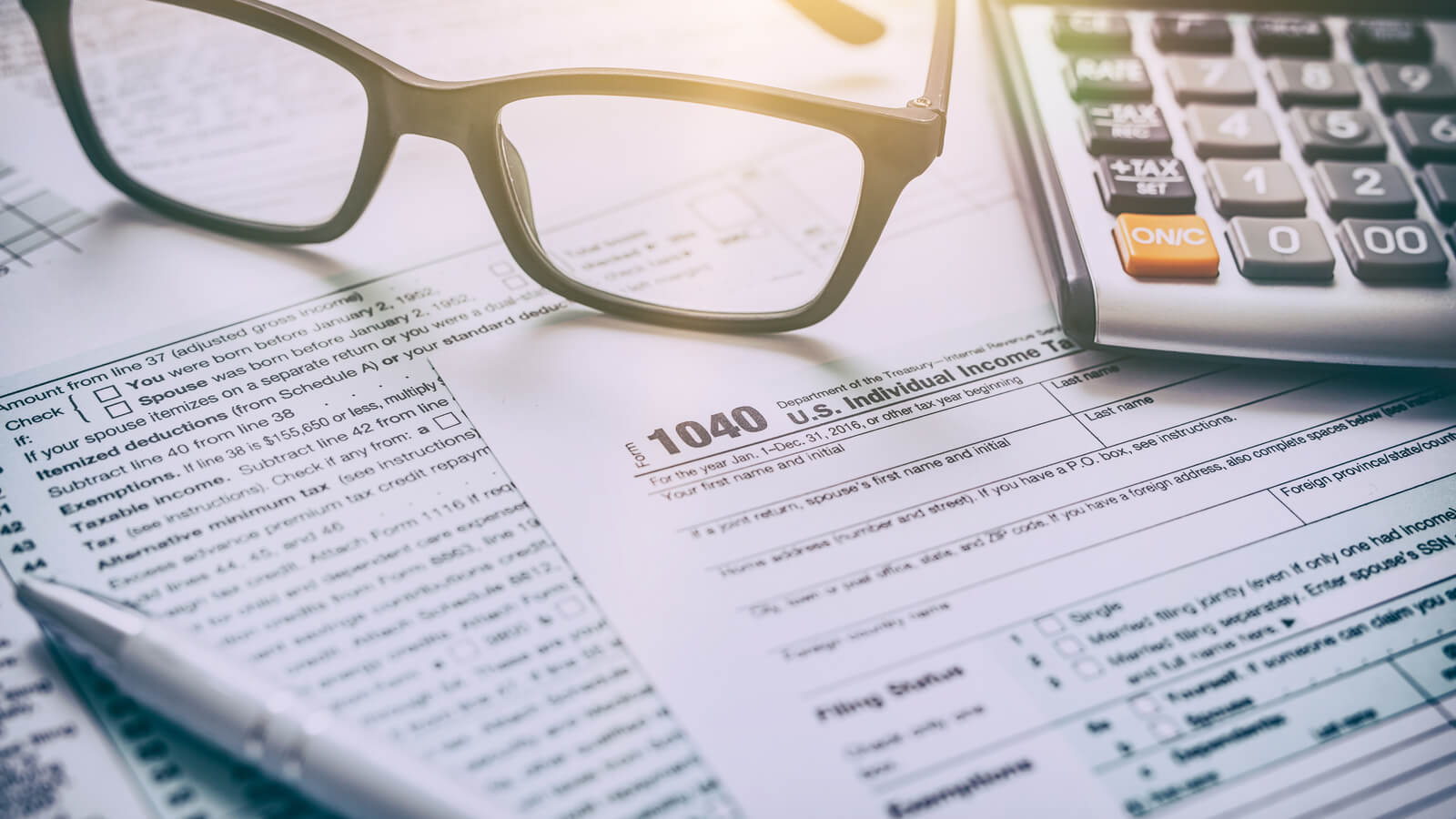Small business owners make these common tax and accounting mistakes when they’re first starting out. Experts can help you avoid them.
The decisions you make at the start of your business can have some of the biggest impacts.
Some of those choices include your business’ legal and tax structure, your deductions and your bookkeeping. Those decisions are crucial — but they’re easy to mess up. Before you can fix your tax and accounting mistakes, you need to be able to spot them.
Learn the most common tax and accounting mistakes we see when helping people start their small businesses and how you can avoid them.
1. Choosing the wrong business structure
One of the first choices you’ll ever make for your business is deciding what type of business it should be. There are two main choices for small businesses: registering as an LLC or staying as a sole proprietor. Within your LLC, there are different types of tax elections you can have, including S corporation, partnership and C corporation.
Here’s what business owners often get wrong:
- Staying a sole proprietorship when they should register as an LLC
- Filing for an S corp election too early (or too late)
- Considering a C corp election or incorporating at all as a small business owner when it doesn’t make sense
| Note: It may make sense to create a C corp as a small business owner in a very few instances, like if you’re a tech company. Talk to your CPA or attorney before making any tax election decisions. |
Any of those mistakes could end up being costly to you and create a lot of problems down the road. There’s no one-size-fits-all answer to how you should structure your business. But by talking to a certified public accountant (CPA) or attorney, you can find the best fit for you.
The fix: Talk to a CPA (and attorney) before you start your business
2. Not hiring a CPA
Regardless of how small your business is, a CPA’s guidance can help you save money and make sense of your taxes and accounting. The best time to hire a CPA is before you even start your business. The way you structure your business for legal and tax purposes can affect many aspects of your business: how you’re paid, what taxes you owe, what return you file and more.
Small business owners without a CPA can end up paying much more in taxes than they should be. A CPA can teach you how to maximize your tax deductions and credits in several areas — and plan for the future. Small business owners just starting their business usually aren’t aware of the many tax benefits that apply to them — and miss out on opportunities to save.
The fix: Shop around for a CPA you enjoy working with
3. Not hiring an attorney
You don’t need to be a Fortune 500 company to justify hiring an attorney. Regardless of how small or simple your business is, you need an experienced business attorney in your corner.
An attorney is valuable for reviewing leases, partnership or operating agreements, developing employee contracts and so much more. Some business owners try to tackle these legal aspects of their business themselves, and it usually ends up costing them down the road. They might catch something in a lease that causes you to pay more or find ways to legally protect you if you and your business partner split up.
It’s normal to be nervous over hiring an attorney. You might think your business isn’t big enough to warrant one and their rates can be high. Even though you might think your situation is straightforward, you should consult an attorney. The cost of an attorney is worth it because they can save you from unnecessary costs and legal battles in a way that a CPA might not. (If you have a CPA, they can likely refer you to quality attorneys that they trust.)
Just like with CPAs, it’s important that you find an attorney that educates and empowers you. Your relationship with your attorney can — and should — last years, so it’s important that you feel comfortable with them.
The fix: Look for an attorney that best fits your needs and you get along with
4. Not knowing how to do your books
Every small business owner needs to do their books — but not everyone needs a bookkeeper to do them.
It’s common for small business owners to make bookkeeping mistakes if they don’t have experience. Some mistakes include setting up accounting software incorrectly, overcomplicating your chart of accounts, and not reconciling your accounts accurately.
Why is it important to keep your books accurate? Clean and accurate books give you a clearer understanding of how your business is performing — which lets you make important budgeting decisions and forecast for the future. It also makes tax season a whole lot smoother.
Hiring a bookkeeper can help make sure that your books are accurate and save you time. Businesses that don’t have many transactions per month can usually handle doing their own bookkeeping — but they should at least receive bookkeeping training from an expert.
The fix: Find a bookkeeper that best fits your needs or have a bookkeeper train you
5. Not understanding what you can deduct
One of the consequences of small business owners not working with a CPA is that they’re not aware of everything they can deduct. Many business owners know to write off their employees’ salaries, office expenses, marketing expenses, and many other things directly related to their business.
But you should also be aware of the expenses you can write off that might sound personal, but could also apply as a business expense. Some of those include coffee on your way to work, your cell phone, and hotel rooms when you travel for work. Many business owners assume those are purely personal expenses and don’t write them off. Think of it this way: Expenses related to you eating, sleeping, drinking or thinking about your business are probably deductible.
They might seem like minor expenses, but they can add up — and save you more money than you think.
Knowing what you can deduct is only half of it. You should also know how much you can deduct from your expenses. You might be missing out on savings if you’re partially deducting what you could be fully deducting. As a business owner, you should be staying on top of these developments yourself if you don’t have a CPA.
The fix: Deduct anything that’s related to your business
6. Misunderstanding your numbers
It’s not enough to just look at different reports like your balance sheet, income statement and cash flow statement. You have to understand what’s in them. The mistake many business owners make is not knowing how to apply those numbers to their business.
There’s a lot you can learn from each of those reports. You can learn where you can cut back on spending, what products or services are making you the least, and how you can make more money in the future. However, that’s only if those reports are created correctly in the first place.
An accountant or bookkeeper can help you analyze and create your financial reports. (You should probably be working with a bookkeeper anyways to learn how to do your books.) A good accountant won’t just read your report for you — they’ll teach you how to do it on your own.
The fix: Have an accountant teach you how to use, read and create financial reports
The bottom line
It’s easy for many small business owners to make mistakes in the beginning stages of their business.
Some of the biggest mistakes include not hiring a CPA, choosing the wrong business structure and misunderstanding your business’ numbers. However, many of them can be avoided with expert help.
The sooner you catch these mistakes, the sooner you can save money and spend more time on the parts of your business that you love. Schedule a free call with DiMercurio Advisors for help with starting the small business of your dreams.








